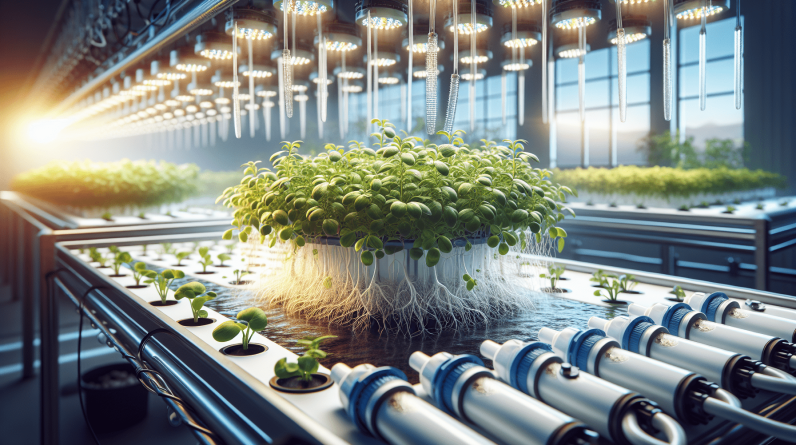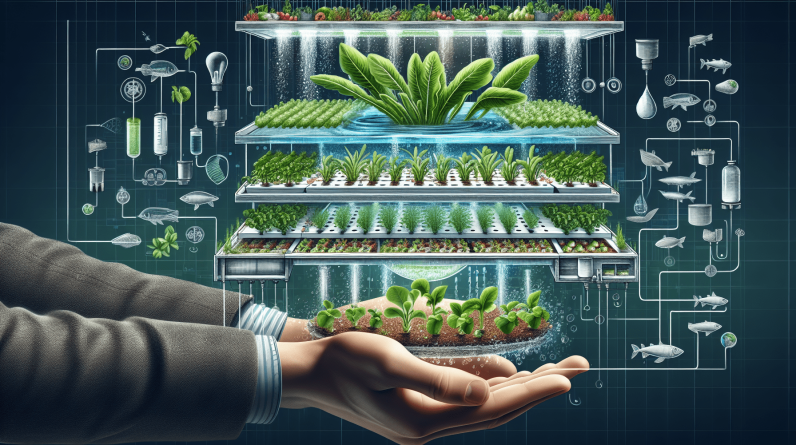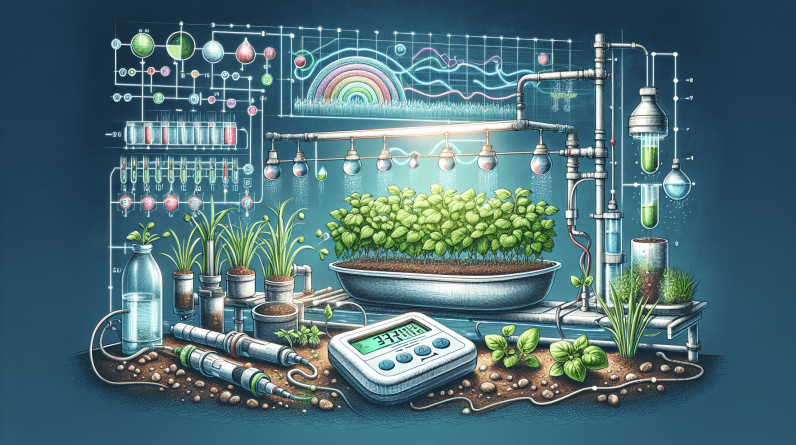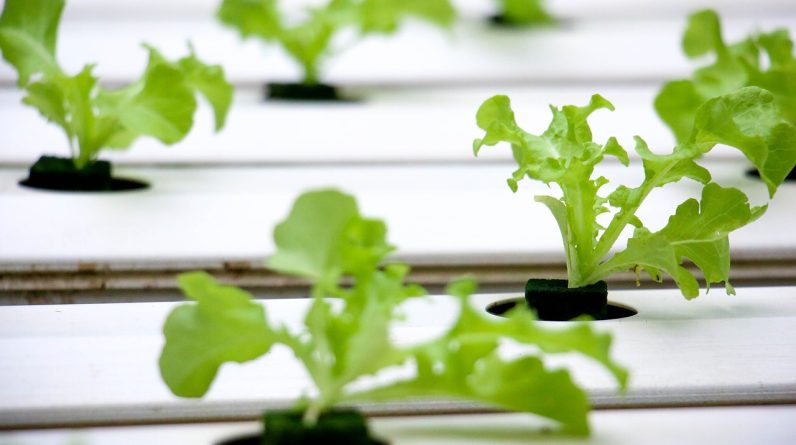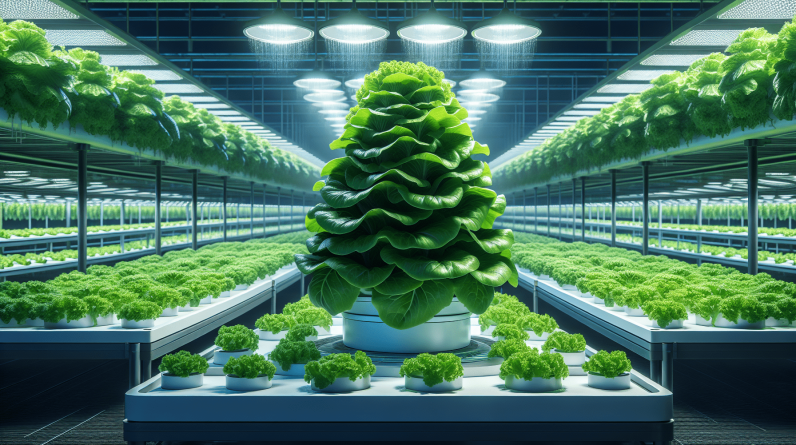
Are you interested in trying hydroponic gardening but unsure which plants are best suited for this innovative growing method? Look no further! This detailed guide will walk you through the top plants that thrive in hydroponic systems, helping you create a bountiful and successful indoor garden.
Benefits of Hydroponic Gardening
Hydroponic growing systems have gained popularity in recent years due to their numerous advantages over traditional soil gardening. By providing plants with a direct nutrient-rich solution to their roots, hydroponic systems promote faster growth and increased yields. These systems also use significantly less water compared to soil gardening, making them an environmentally friendly option. Additionally, hydroponics reduce the risk of soil-borne diseases and pests, resulting in healthier plants with minimal chemical inputs.
You may be wondering why hydroponic gardening is becoming so popular. The answer lies in the many benefits it offers, from faster plant growth to conserving water and reducing the use of chemicals.
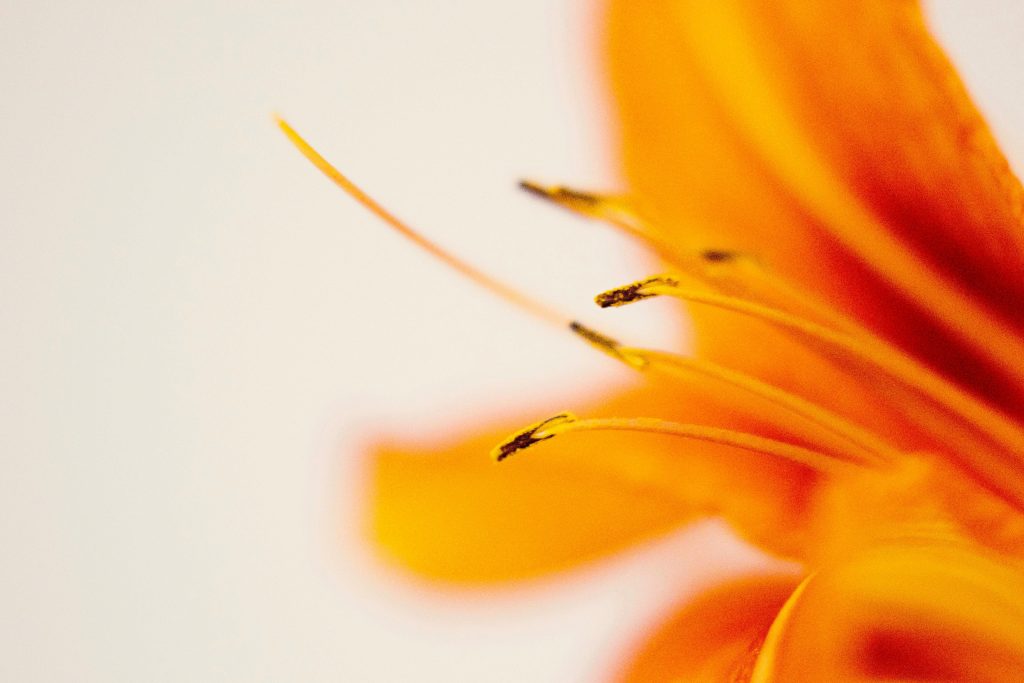
Top Plants for Hydroponic Systems
When choosing plants for your hydroponic garden, it’s essential to select varieties that thrive in a soil-less environment. Here are some of the best plants to grow in hydroponic systems:
Leafy Greens
Leafy greens such as lettuce, spinach, kale, and Swiss chard are ideal for hydroponic gardening. These fast-growing plants do well in nutrient-rich water, providing you with a constant supply of fresh and healthy greens throughout the year.
Herbs
Herbs like basil, mint, cilantro, and parsley are well-suited for hydroponic systems. Their compact size and ability to grow in a controlled environment make them perfect for indoor gardens. Plus, having fresh herbs at your fingertips is a culinary delight!
Tomatoes
Tomatoes are another popular choice for hydroponic gardening. With the right setup and support, tomatoes can thrive in a soil-less system and produce an abundance of flavorful fruits. Just be sure to provide adequate light and nutrients for optimal growth.

Setting Up Your Hydroponic Garden
Before you start planting, it’s essential to set up your hydroponic system correctly. Here are the basic steps to get you started:
Choose a Container
Select a container that fits your space and plant selection. Options include deep-water culture systems, nutrient film technique, and drip systems. Make sure the container is lightproof to prevent algae growth.
Nutrient Solution
Prepare a nutrient solution using a balanced hydroponic fertilizer. Follow the manufacturer’s instructions for dilution and application. Monitor the pH levels regularly to ensure optimal nutrient uptake by your plants.
Lighting
Provide adequate lighting for your hydroponic garden. LED grow lights are energy-efficient and provide the full spectrum of light that plants need for photosynthesis. Position the lights at the correct distance and duration for your plants’ growth stage.
Water Temperature and Oxygenation
Maintain the water temperature between 65-75°F (18-24°C) for optimal plant growth. Use an air pump or air stone to oxygenate the water and prevent root rot. Proper oxygen levels are crucial for healthy plants.
Planting
Carefully place your seedlings or seeds in the growing medium of your choice. Monitor plant growth and adjust nutrient levels as needed. Prune and harvest regularly to promote healthy plant development.
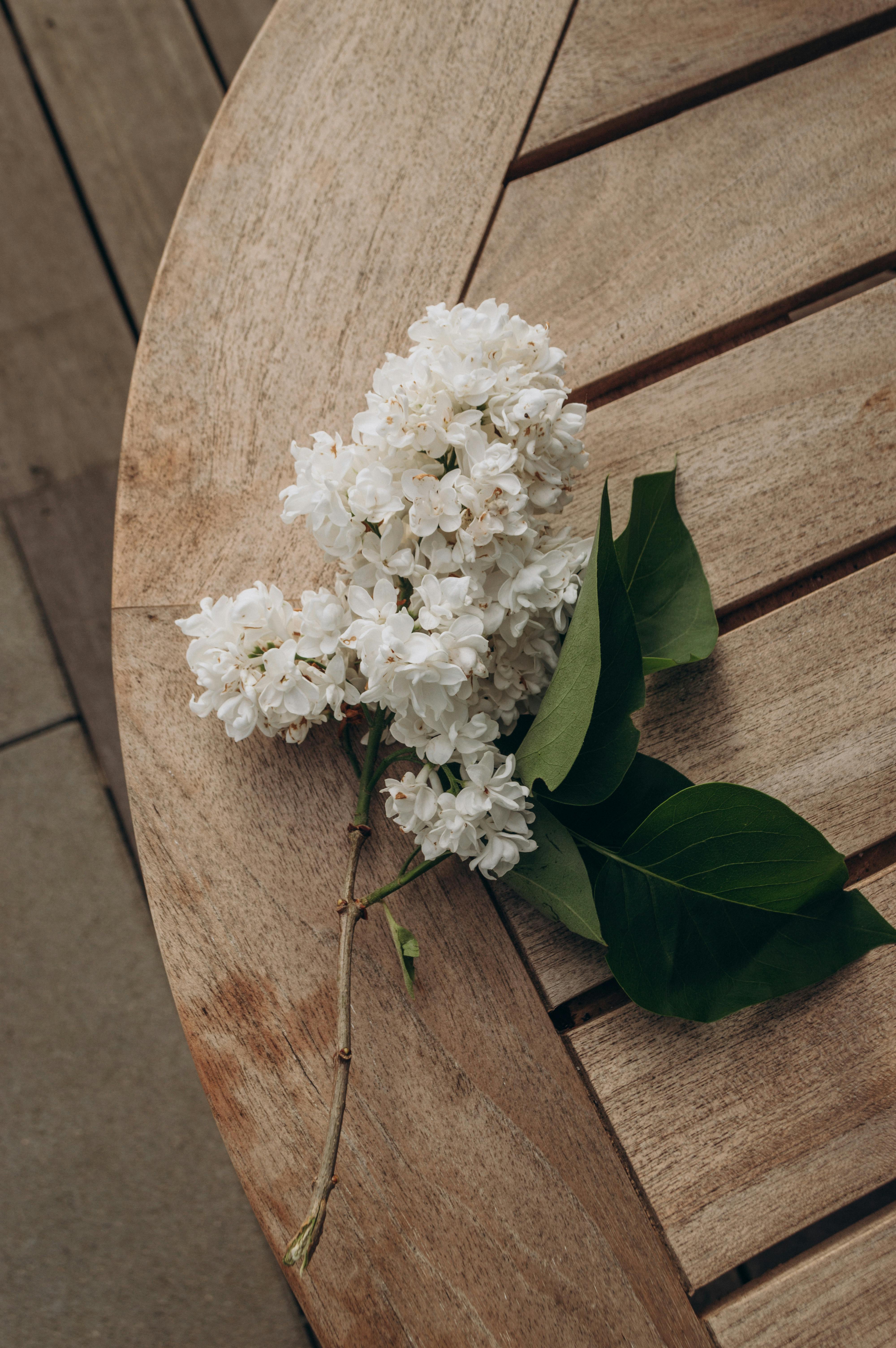
Tips for Success in Hydroponic Gardening
Achieving success in hydroponic gardening requires attention to detail and regular maintenance. Here are some tips to help you get the most out of your hydroponic system:
Monitor pH Levels
Regularly check the pH levels of your nutrient solution using a digital pH meter. Keep the pH within the optimal range for your plants (typically between 5.5-6.5) to ensure nutrient uptake and healthy growth.
Prevent Algae Growth
To prevent algae growth in your hydroponic system, cover any exposed water reservoirs with lightproof material. Algae thrive in light, so keeping your water reservoir dark will minimize algae buildup.
Prune and Harvest
Regularly prune your plants to encourage healthy growth and prevent overcrowding. Harvest mature plants promptly to make room for new growth. This practice will ensure a continuous supply of fresh produce from your hydroponic garden.
Maintain Cleanliness
Keep your hydroponic system clean and free of debris to prevent clogs and disease. Regularly flush the system with clean water to remove any built-up salts or residues. A clean system will promote optimal plant health and growth.
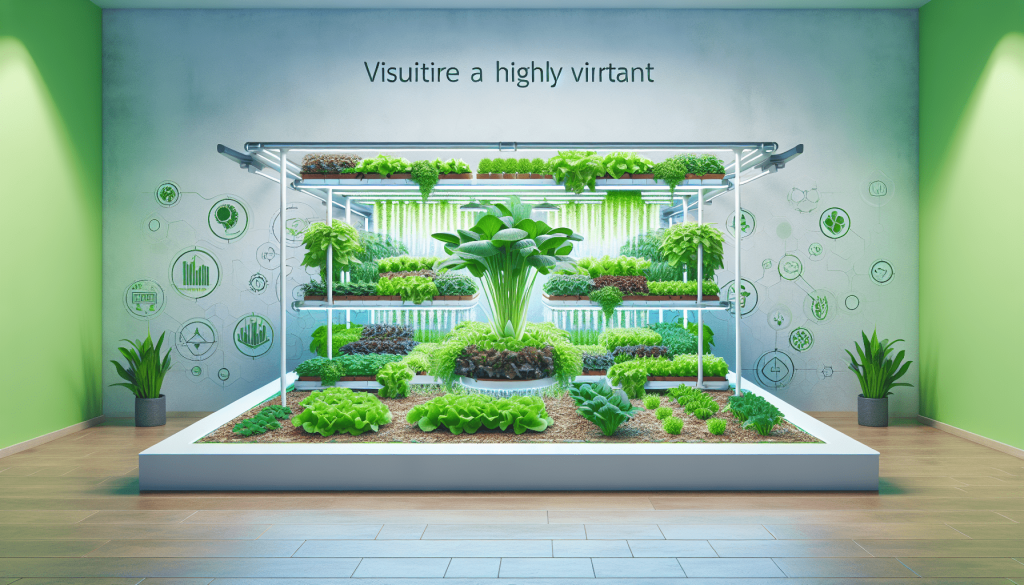
Common Challenges in Hydroponic Gardening
While hydroponic gardening offers many benefits, it comes with its own set of challenges. Understanding and addressing these challenges will help you overcome obstacles and grow thriving plants. Here are some common issues you may encounter:
Nutrient Imbalance
Maintain a balanced nutrient solution to prevent deficiencies or toxicities in your plants. Follow fertilizer instructions carefully and monitor plant health for any signs of nutrient imbalance. Adjust nutrient levels as needed to ensure optimal plant growth.
Pest Control
Even in soil-less environments, pests can still find their way into your hydroponic system. Regularly inspect your plants for signs of pest infestations, such as yellowing leaves or holes in foliage. Use organic pest control methods to avoid harming your plants or the environment.
Temperature Fluctuations
Fluctuating temperatures can stress your plants and affect their growth. Maintain a stable temperature range in your growing environment to prevent heat or cold stress. Use insulation or heating/cooling devices as needed to keep your plants comfortable.
Root Rot
Root rot is a common issue in hydroponic systems caused by over-watering or poor oxygenation. Monitor your water levels and oxygenation regularly to prevent root rot. Trim away any affected roots and adjust your watering schedule to promote healthy root growth.
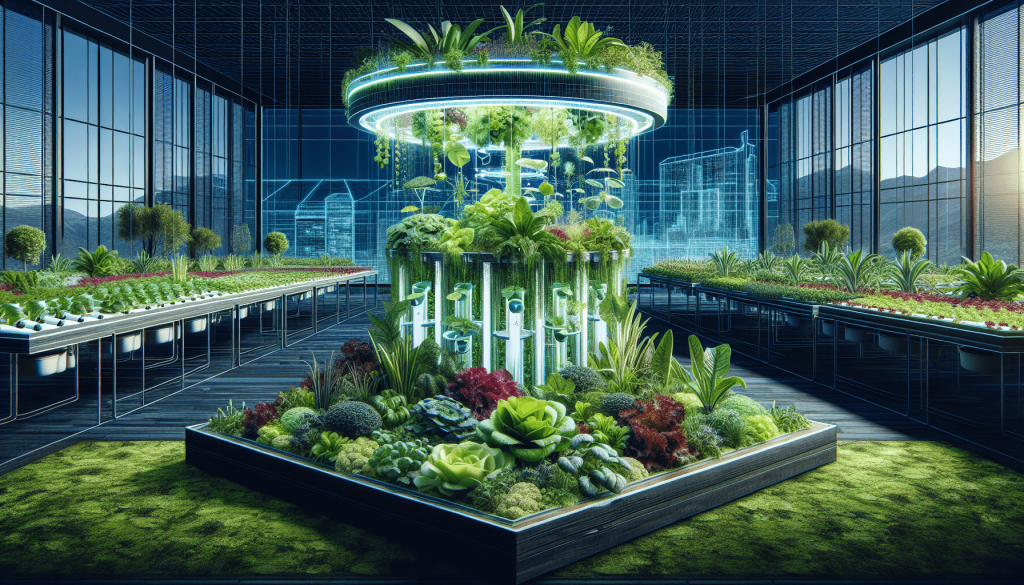
Conclusion
Hydroponic gardening offers a sustainable and efficient way to grow fresh, nutritious crops year-round. By choosing the right plants for your hydroponic system and carefully maintaining your setup, you can enjoy a bountiful indoor garden with minimal environmental impact. Follow the tips and guidelines outlined in this article to embark on your hydroponic gardening journey and reap the benefits of this innovative growing method. Happy growing!





